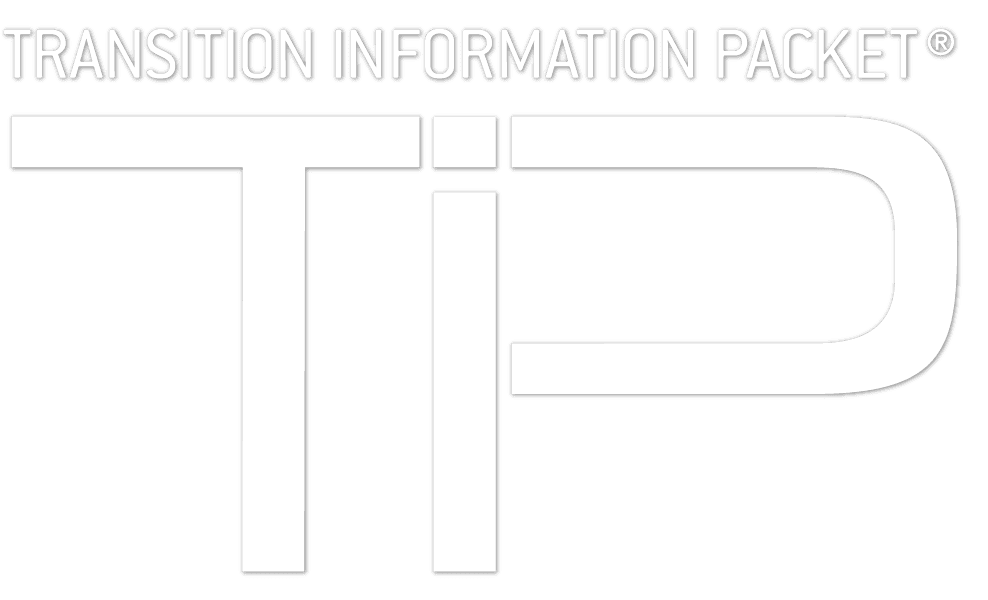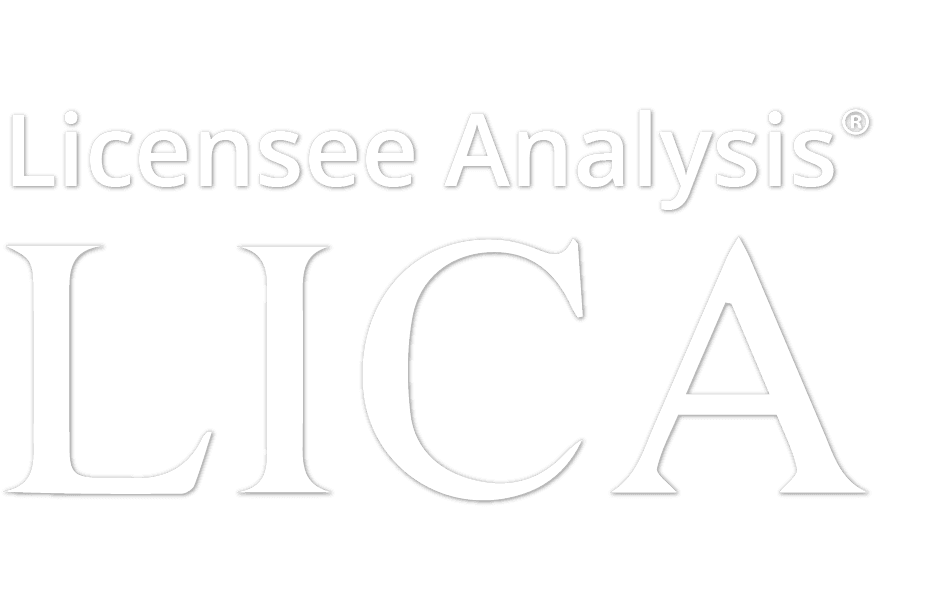The agricultural sector contributes nearly 10 percent of carbon emissions in the United States, which is helping to drive the development of technologies for a cleaner agricultural sector. Technologies of interest include converting biomass into cost-effective, low carbon biofuels and bioproducts, irrigation modernization and opportunities for hydropower, advanced waste reduction and utilization technologies, and soil carbon storage technologies. The need to reduce livestock associated emissions and farm waste are driving government and private funding for new research and technology development to ease carbon emissions. The Office of Energy Efficiency and Renewable Energy’s budget request includes $24 million for bioenergy solutions for decarbonizing agriculture, $13 million for healthy forest management, sustainable agriculture and biogenic carbon drawdown, and $10 million for organic waste management.
MarketsandMarkets reports that the Regenerative Agriculture Market was valued at $8.7 billion in 2022 and is expected to grow to $16.8 billion by 2027. Regenerative farming is a technique to help increase biodiversity and make the soil more resilient to the effects of climate change. Regenerative farming techniques are also useful in removing carbon from the atmosphere to store it underground. One of the drivers of the market is the increased funding from different organizations and government agencies to lower the carbon footprint from the agricultural industry. However, a lack of knowledge of these regenerative techniques among farmers is a restraint to growth in this market. One of the largest contributors to greenhouse gases from the agricultural sector is cattle. One cow can produce as much as 220 pounds of methane per year. Scientists are working on ways to mitigate this problem by adding seaweed to the cows’ diet to improve digestion and reduce emissions. Frost & Sullivan explores the opportunities for growth in decarbonizing agriculture. The agricultural and food industries are tied closely together, and Frost & Sullivan provides the greenhouse gas emission reduction strategies of stakeholders across the food and beverage value chain. The top 20 players in the market are classified based on their GHG emission reduction targets.
The U.S. Department of Agriculture is investing in climate-smart farmers, ranchers, and forest landowners. The $1 billion investment will finance projects that create a market for climate-smart technologies and techniques for the agricultural industry. The USDA’s National Institute of Food and Agriculture has a Sustainable Agriculture Programs sector that offers competitive grants for sustainable agriculture practices that foster profitable farms that are environmentally sustainable and enhance the farmers’ quality of life and that of their communities. The USDA also funds the Sustainable Agriculture Research and Education (SARE) program which provides competitive grants to advance agricultural innovation in promoting techniques for environmental stewardship.
The U.S. Department of Agriculture has published a progress report on smart agriculture and forestry in May 2021. The report explored feedback originally requested on the efforts to conserve natural resources and address climate change and develops strategies for partnering with landowners, farmers, and Tribes. In August of 2021, USDA also published an action plan for climate adaptation and resilience. The plan outlines how the USDA will provide information, tools, and resources to its partners to address the challenges associated with climate change especially for farmers, ranchers, forest landowners, and resource managers.
Agricultural conferences in 2023 are listed below:
- 2023 Soilcraft Regenerative Agriculture Conference – January 16-17, 2023, in Pasco, WA
- Regenerative Agriculture and Food Systems Summit 2023 – March 28-29, 2023, in Chicago, IL
- Groundswell: Regenerative Agriculture Show and Conference – June 28-29, 2023, in Hertfordshire, UK
- International Conference on Regenerative Agriculture and Agroecological Restoration – October 21-22, 2023, in London, UK



